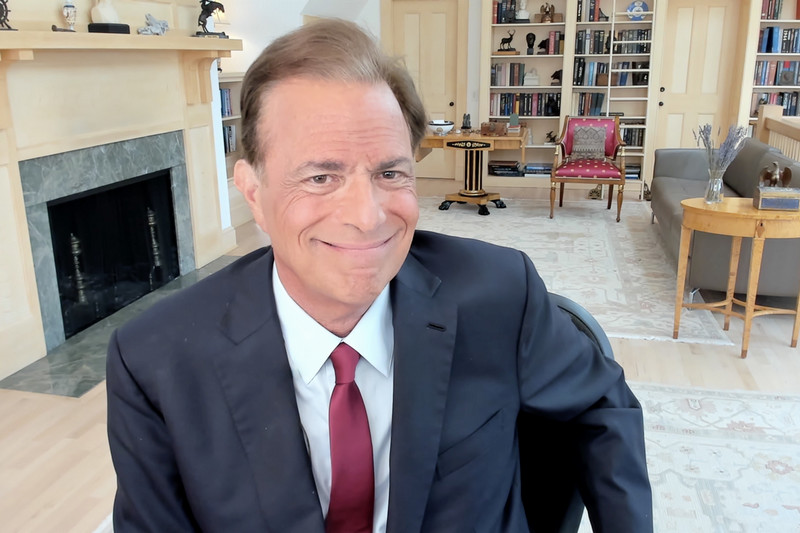Solar eclipse, election season highlight spring public programming at Miami University Regionals
Spring 2024 Passport to Programming events

Solar eclipse, election season highlight spring public programming at Miami University Regionals
It’s not every day that Butler County and the surrounding region stands in the epicenter of something as exciting as a solar eclipse. But what that means for astronomy enthusiasts as well as plants, insects, and wildlife are just two of the topics being explored as part of Miami University Regionals Passport to Programming.
While an estimated 635 million people will be able to watch the Moon obstruct at least part of the Sun on April 8, only 43 million people — 0.5% of the world’s population — live in what is known as the path of totality, meaning they will experience this total solar eclipse. Join Reza Abrishambaf, associate professor of Engineering Technology and an astronomy enthusiast, on Thursday, March 7, at 7 p.m., as he shares the science behind eclipses, how to view them safely, and where to find the best locations to see totality. Free solar eclipse viewing glasses, generously provided by Travel Butler County, are available for attendees at our solar eclipse talks on a first-come, first-served basis.
A week later, on March 14, at noon, Deidra Jacobsen, Conservatory director at Miami Hamilton, will explore how environmental conditions like light, temperature, and wind influence plant and animal behavior.
2024 is also an election year, and several events have been scheduled to offer insight into our nation’s electoral history.
On Tuesday, April 2, at 7 p.m., Presidential historian Michael Beschloss will deliver the 2024 John E. Dolibois History Prize Lecture as part of the Michael J. Colligan History Project. Beschloss is an award-winning scholar of leadership and bestselling author of 10 books — most recently the acclaimed New York Times and Wall Street Journal bestseller “Presidents of War.” He has served as a historian at the Smithsonian Institution, a scholar at the University of Oxford, and a senior fellow of the Annenberg Foundation. Among his earlier books are two volumes on Lyndon Johnson’s secret tapes; “The Conquerors,” about Franklin Roosevelt, Nazi Germany, and the Holocaust; and “Presidential Courage,” exploring key moments of historical leadership in the White House.
The Menard Family Center for Democracy will present on Monday, March 11, at 7 p.m., a panel discussion on “The Politics of Gerrymandering/Redistricting in Ohio and Beyond,” which will be held as part of The Joyce Hulse Manko Lecture in Government. Experts from the fields of law, politics, and academia will explore this hot-button issue of democracy: Who gets to map the boundaries of electoral influence, and how?
On Monday, March 18, at 7 p.m., Noah Feldman, the Felix Frankfurter Professor of Law at Harvard Law School and a leading ethicist and tech advisor on issues related to artificial intelligence, will deliver The Alex and Lena Casper Memorial Lecture. Feldman will explore questions related to the ethics of AI and how this new technology can be safely and fairly regulated.
The arts will also be on display this spring, with performances ranging from bluegrass, to folk and blues, to dance. Highlights include a performance of “Romeo and Juliet” by the Cincinnati Shakespeare Company on Tuesday, April 9, at 7 p.m., and Step Afrika!, a dance company dedicated to the African American tradition of stepping, on Saturday, April 13, at 6 p.m.
Attendees who attend five events and get their passport brochure stamped will receive a Miami Regionals coffee mug. While events are free and open to the public, some may require RSVPs. For details on all scheduled events, visit MiamiOH.edu/Regionals/Passport or call Kelly McDaniel Hayes at 513-785-3277.
